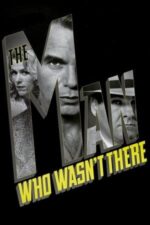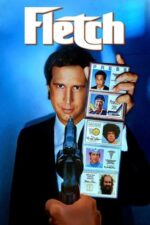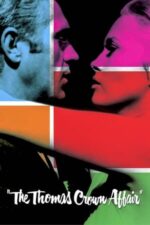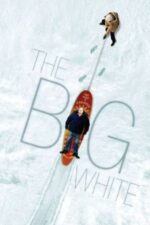When Insurance Claims Go Wrong: Cinema’s Fascinating Obsession with Fraud
Isn't it amazing how often seemingly mundane things – like insurance policies – become fertile ground for compelling stories? I mean, think about it: a contract promising protection, ripe for exploitation and brimming with potential for dramatic conflict. It turns out, filmmakers have been keenly aware of this for decades, and the theme of insurance fraud has popped up in some surprisingly stylish and thought-provoking ways.
It’s not always about grand schemes, either. Sometimes it's a desperate act born from financial ruin, like in The Object of Beauty. That film is just wonderfully absurd – a couple trying to fake a robbery for an insurance payout, only to have the sculpture vanish! It’s a darkly comedic exploration of greed and desperation, set against the backdrop of London’s high society. The sheer ridiculousness of their plan, coupled with the crumbling relationship it exposes, makes it strangely captivating.
But fraud can be far more sinister. The Running Man, for example, takes that initial despair and turns it into a full-blown thriller. A man denied his claim flees to Spain, reinventing himself – but the relentless investigator on his trail creates a genuinely tense cat-and-mouse game. It’s fascinating how the film uses the beautiful Spanish landscape as a counterpoint to the moral ugliness of what he's doing. It really makes you consider: at what point does desperation justify deception?
What I find particularly interesting is how these films often use fraud as a lens through which to examine larger societal issues. The Wreck of the Mary Deare, while ostensibly about survival, subtly critiques the ruthless nature of maritime business and the lengths companies will go to protect their bottom line – essentially, insurance fraud on an institutional level. It’s a reminder that dishonesty isn't always individual; it can be systemic.
And then you have films like The Fortune Cookie, which takes a more playful approach. The cameraman faking his injuries for attention? It’s almost slapstick at times, but the film cleverly uses that humor to explore themes of love, deception, and ultimately, empathy. It's a reminder that even in seemingly trivial situations, people are driven by complex motivations.
Even The Thomas Crown Affair, with its focus on art theft, touches upon this theme – Crown is essentially defrauding an insurance company, albeit with considerable style and panache! And Orson Welles’ The Lady from Shanghai? That's a masterclass in twisting expectations and revealing hidden agendas, where the entire premise hinges on a web of deceit that could easily involve fraudulent claims.
These films aren’t just about catching criminals; they’re about exploring the human condition – our vulnerabilities, our desires, and sometimes, our willingness to bend (or break) the rules to get what we want. So next time you're looking for something a little different, consider diving into these cinematic explorations of insurance fraud - you might be surprised by how much they have to say about us all.






































